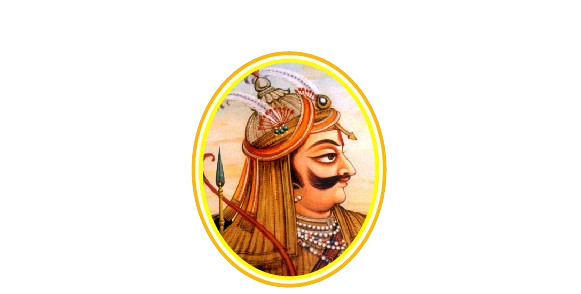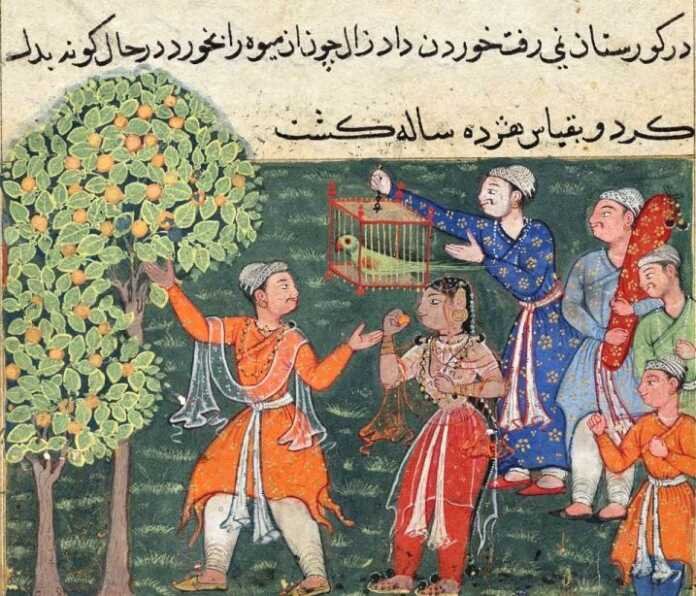The Ameer Nama is an unpublished Persian manuscript which throws light not only on the history of Rajasthan, but on the history of India as well, because it is the history of an epoch which is full of a series of outstanding events, directly or indirectly interrelated and interwoven. The Ameer Nama is a narrative of deeds and strategic tactics in the facts of valor of a Path an called Ameer Khan who by sheer dint of course and foresight reached the highest pedestal of fame in the early twenties of the last century.[1]
Ameer Khan was a Pindari leader who looted the Rajputana states one by one and became so powerful that Jaswant Rao Holker appointed him the general of Holker forces.
The Ameer Nama is the life sketch of this very Path an Leader, and depicts a fight for power. Apart from his military exploits and campaigns against the British, it brings into light his longing to create a united front of all military forces against the common foe.
The manuscript discusses the political chaos which prevailed in the states of Jaipur, Jodhpur, Udaipur and the unavoidable necessity to do away with these disruptive forces by finding an effective remedy.
The increasing power and influence of the Sikhs, the Marathas and other similar groups have not escaped mention. In spite of being the memoir of a single man, it deals with all the relevant problems of India, particularly of Rajasthan It is why Dr. Qanoongo observes that “Ameer Nama is an indispensable contemporary source of our knowledge of the Indian State of Malwa, Rajasthan for the last two decades of the 18th Century and the 1st two decades of 19th Century”.[2]
Ameer Nama translated by Prinsep, is considered to be a reliable authority on the life and doings of Ameer Khan. It is divided into 4 parts; part first deals with Ameer’s Ancestry and early life, part II gives historical notice of the Deccan powers: Part III deals with the background facts of the Ameer Khan and Maharaja Jaswant Rao Holker and the part IV makes mention of the wars of independence waged against the British and then came the treaty of Ameer Khan with the British.[3]
REFERENCES
[1] Sahibzada Shaukatali Khan, Unpublished Persian Manuscripts On The History And Culture Of Rajasthan, Proceedings of Rajasthan History Congress, 1968, pp.96-98.
[2] Historical essays by Dr. Qanoongo, p. 124.
[3] Sahibzada Shaukatali Khan, Unpublished Persian Manuscripts On The History And Culture Of Rajasthan, Proceedings of Rajasthan History Congress, 1968, pp.96-98.




